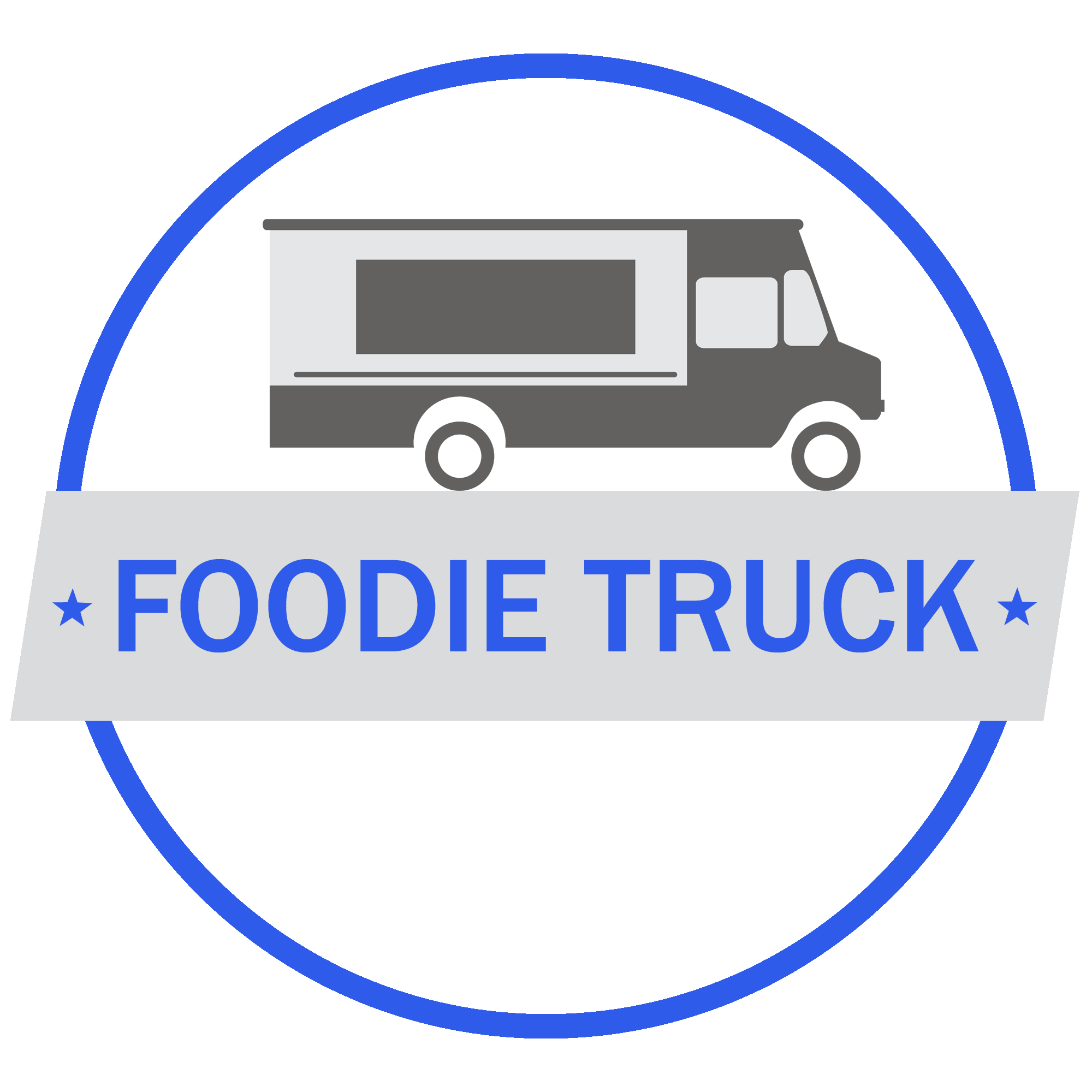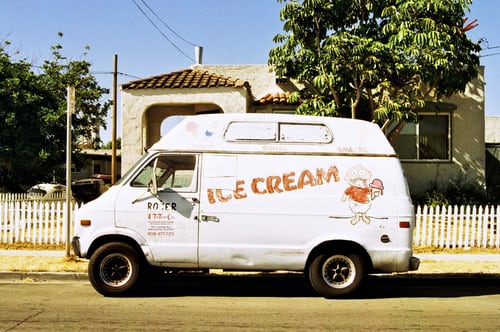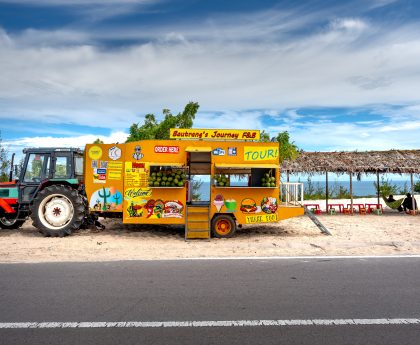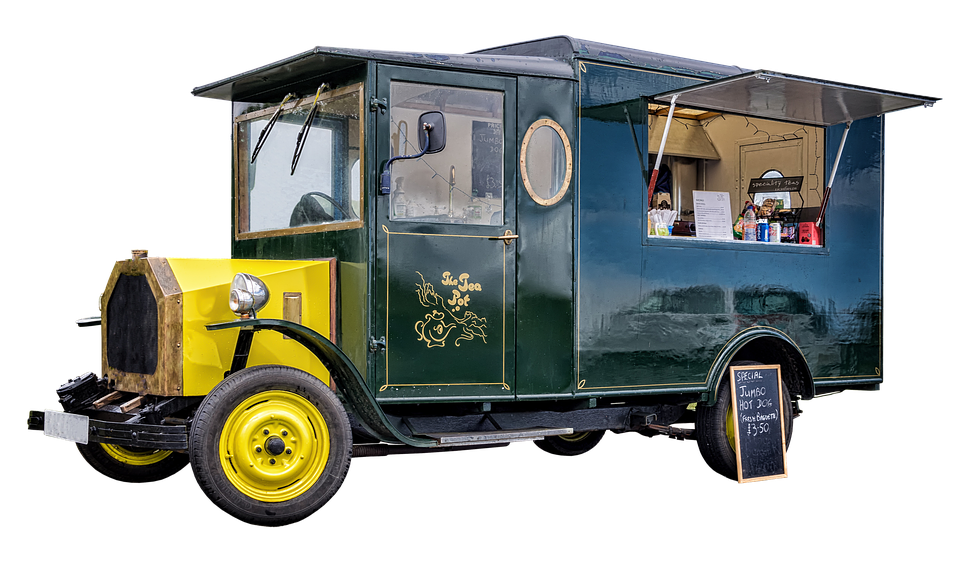The food industry offers countless opportunities for entrepreneurs, but one major decision is whether to open a food truck or a traditional restaurant. Both options come with unique benefits and challenges, making it crucial to weigh your options before diving in. In this blog, we’ll break down the pros and cons of each to help you determine which business model best suits your goals.
1. Startup Costs: Which is More Affordable?
- Food Trucks: A major advantage of running a food truck is the lower startup cost. While opening a full-service restaurant can cost hundreds of thousands of dollars, food trucks typically require a much smaller investment. On average, a food truck setup (including the vehicle, equipment, and licenses) can cost between $50,000 to $200,000, making it a more affordable entry point for new food entrepreneurs.
- Restaurants: Traditional brick-and-mortar restaurants come with high overhead costs, including rent, utilities, kitchen equipment, furnishings, and decor. You’ll also need to invest in hiring a larger staff. If you’re looking for a lower-risk option, a food truck might be the better choice.
2. Flexibility and Mobility
- Food Trucks: One of the biggest perks of running a food truck is mobility. You can move to different locations, attend festivals, and cater events. If one area isn’t performing well, you can relocate to a busier spot, giving you more control over your sales.
- Restaurants: Brick-and-mortar restaurants rely on foot traffic and location stability. Once you choose a location, you’re committed to it for the long term. However, a well-chosen location in a high-traffic area can result in steady business.
3. Customer Experience & Seating Capacity
- Food Trucks: The experience at a food truck is fast-paced and casual. Customers order at the window and eat on the go, which can limit interaction time and seating availability. Some trucks set up outdoor seating, but space is always a challenge.
- Restaurants: Traditional restaurants provide a full dining experience, allowing customers to sit down, enjoy their meals, and have more interactions with staff. If your vision includes creating an immersive atmosphere, a restaurant might be the way to go.
4. Operating Costs and Profitability
- Food Trucks: Food trucks typically have lower operational costs, with fewer staff members and reduced expenses for rent and utilities. However, you’ll still need to budget for fuel, truck maintenance, and permits. Profitability depends on strategic location choices, efficient service, and adapting to demand.
- Restaurants: Higher operating costs (including rent, utilities, and payroll) can make running a restaurant financially challenging. However, restaurants also have higher earning potential because of their ability to serve more customers at a time.
5. Marketing and Brand Visibility
- Food Trucks: Social media plays a huge role in food truck success. Because they change locations frequently, food trucks rely on Instagram, Facebook, and food truck apps to let customers know where they are. A strong online presence can make a huge difference.
- Restaurants: A restaurant’s success is often tied to consistent branding and local reputation. While they don’t move around, they benefit from word-of-mouth marketing and repeat customers who visit regularly.
6. Permits and Regulations
- Food Trucks: Licensing for food trucks varies by city, and you may need multiple permits to operate in different locations. Health regulations, parking restrictions, and zoning laws can make operations complex.
- Restaurants: Traditional restaurants must meet strict health and safety regulations, but once the permits are in place, they don’t need to relocate or constantly renew location-based permits.
Which One is Right for You?
Choosing between a food truck and a restaurant depends on your business goals, budget, and lifestyle preferences.
✅ Choose a Food Truck If:
✔ You want lower startup costs and operational expenses
✔ You love mobility and flexibility
✔ You’re comfortable using social media for marketing
✔ You want to test a food concept before committing to a restaurant
✅ Choose a Restaurant If:
✔ You want a permanent location with consistent foot traffic
✔ You want to offer a sit-down dining experience
✔ You have the budget to cover higher startup and operational costs
✔ You prefer stability over mobility
Final Thoughts
Both food trucks and traditional restaurants have their unique benefits and challenges. If you’re an aspiring food entrepreneur, a food truck can be a cost-effective way to break into the industry. However, if you’re looking for a long-term, stationary business model, a restaurant may be the better fit.
No matter which path you choose, great food and strong branding will always be the key to success.
Would you go for a food truck or a restaurant? Let us know in the comments.





